Lessons from Lockdown –The Need for Able leadership and Effective Systems
By Anila Dias Bandaranaike, Ph.D.
Recent concerns expressed in diverse fora and media indicate that Sri Lanka is facing serious economic woes.This article examines the fundamentalsof why this is so.
PREMISE
How do we achieve economic development? To do thiswe needanswers to the WHY, WHAT,WHO and HOW.
The WHY isunderstanding the objective of economic development. The WHATis the course of action taken to achieve the WHY. The WHO is the leadership to do the WHAT. The HOW is the means through which the WHO can implement the WHAT.
Many people often discuss the WHY and the WHAT. I believe the WHY is to protect and use our scarce resources to improve daily lives today and for future generations. For that, we need to improve goods, services, employment and leisure activities. The WHAT are the priorities and targets, with relevant policies and plans, to achieve this ultimate objective. Given this WHY and WHAT, this article will focus on the less discussed WHO and HOW in Sri Lanka.
WHO?
WHO requires able leadership supported by competent teams of professionals to address the WHY and the WHAT, then implement, monitor, evaluate and take further action on the same. Thus, economic development cannot be separated from leadership capacity.
Able leaders make tough choices. They also convince citizens to face hardships to gain future benefits. They choose professional advisors with acumen and integrity. They welcome constructive criticism. They study their briefs. They take informed decisions. They strengthenimplementation systems. They implement and evaluate. They act on evaluation outcomes.
With this in mind, let’s evaluatethe leadershipSri Lanka has today with some examples.
Ignorance and Irresponsibility: Since 2015, under two different governments, I experienced meetings of parliamentary oversight committees. Most members were absent. Others present were completely ignorant of the subject. Knowledgeable members were outnumbered. The meetings made a mockery of the relevant Act.
Poor Judgement on Advisors: We have many excellent public officers. But Ihave experienced senior public officials preying on the ignorance of their political leaders. They retainedbeneficial positions at tremendous cost to the country. Yet, our leaders choose loyalty in senior officials above integrity and competence.
Lack of Priorities and Plans:When this government came to power, they soon passed the 20th Amendment. This gave them all necessary powers to act. However, we see no priorities identified nor any plan to meet our economic challenges. For example:
- Tax:counter-productive tax policies they introduced (e.g. removal of PAYE and WHT), which citizens did not even ask for, were never reversed. Government revenues crashed.
- Health:A military manleads the Covid programme, not experienced Public Health officials. We face rising cases and deaths and ad hoc vaccinationswith no vaccination plan.
- Crisis Management:Despite local expertise in mitigating maritime disasters, a burning ship is spewing toxic chemicals in our seas.
- Trade:Random business ideas, however bizarre, from an inner circle having the ear of the leadership, are immediately acted upon.Palm oil and chemical fertilizer imports were banned, causing havoc.
- Environment: Against any environmental sensitivity, ad hoc approvals are given to build high rises and hotels in resort areas – Sigiriya, South Coast, Nuwara Eliya . A massive pharmaceutical project for Hambantota which, our own environmental authorities state, has potential to destroy our land environment, on par or worse than the burning ship.
- Communication: Official communiques today, are revised tomorrow; we notice delays, omissions and inconsistencies in official statistics.
- Self Interest:This leadership clearly knows to achieve their personal ends and that of their inner circle. Soon after they came to power, several court cases were dismissed or withdrawn.Convictions and charges were dropped or placed under review.Our debt is skyrocketing and revenues have crashed, but they prioritisedexpensive new SUVs.Budget 2021 was a farce,but private businesses lauded it, either through fear of retribution or expectation of favours. Thus, while adept at achieving their selfish personal ends, they have no capacity toaddressnational priorities.
- Lack of a Focussed Opposition: Clearly, there is nobody in the wings either. Food and vaccination distributions are in a mess and people have neither food nor jabs; our marine andcoastal environment is being destroyed;butthe opposition is prioritising a no confidence vote against the minister responsible for the fuel price hike! What about the opposition’s confidence in ministers in charge of Health, Food Distribution, Disaster Management and Ports?
In short, Sri Lanka’s increasingly ignorant and incompetentleadershipis incapable of meeting economic development challenges to improve the lives of our people. Instead theycause further challenges.They are out of their depth and drowning, with no one at the helm.
HOW?
The HOW is establishing and using effective systems to administer the country, deliver goods and services to the people, monitor outcomes and take action to further improve them. But citizens’ needs are very low priority for our elected representatives.
Over 50% of our labour force are informal sector workers. In today’s circumstances, they are facing untold challenges. For example, Our 22 year-old neighbourhood weekly gardenerand his grandfather are the breadwinners for a household of 7. In unstructured curfew, they cannot earn to feed the household and, in monsoon rains, their leaking roof needed repairs. Last week, he walked miles on small by-roads to collect some money and whatever provisions wegave him. My local vegetable vendor, a respectable small businessman, is now destitute. During this will-they-won’t-they-lift-it-curfew, they were permitted Monday each week to purchase vegetables wholesale and deliver to clients. One Monday, unbeknownst to them, all wholesale markets remained closed. They were told to purchase on Tuesday (4am). They did so and brought produce to the pola to package for delivery. The police arrived suddenly and shut the polastalls down, saying a randomorder had come from above. These vendors had to take all their purchases home. Random decisions shove these daily workers from pillar to post.There is no system in place to protect them from whims.Who can they turn to? Their Grama Niladhari (GN) or their elected representative?
Elected Representation:The system of elected representation no longer serves the needs of the people.As a member of Independent Delimitation Commission (DC) from 2015 to 2020, I also served on the 2017 Delimitation Committee for Provincial Councils Elections that was mandated to delimit electoratesfor first-past-the post elected representatives accountable to a specific constituency. I was proud to work with such a committed, competent team and sign my name to our report. Our Report looked to ensure representation of all the people in smaller constituencies. We have not heard a single material criticism of the Report. But it was defeated in Parliament by ALL parties.Someone remarkedthat the Report must have been so unbiased that,seeing no advantage to themselves, all political parties voted against it! Those are our elected representatives.
Administration and Service Delivery: These systems need rationalisation. We each know our own Grama Niladhari Division (GND). GNDs and other state officials have varying responsibilities in urban and rural GNDs. They handle the administrative, security, health and education needs of their populations, as well as environmental issues such as flooding, poaching, water pollution, illegal logging and deforestation. There are 14,000 GNDs in Sri Lanka. So, on average, 5km2 and1,500 people (about 300-400 families) are assigned to one GND. But in practice, there are single GNDs with upto 28,000 peopleand 500 km2land area, an impossible responsibility for a single public officer. So, the Delimitation Commissionworked on a detailed methodology and implementation plan to rationalise and improve the system,based on population numbers, geographical size and terrain. If implemented, it would provide better service delivery in all GNDs. In fact, if that system was in place, and all other service delivery systems, such as health, education, police and disaster management, were linked to it, the above daily wage earners would have been in their GND radar and received emergency welfare. The DC sent this methodology and plan to relevant authorities at the highest levels in 2 successive governments.I do not think anyone of themeven read it.
State Sector:The public sector currently boasts 1,200 major institutions in over 30,000 smaller units employing about 1.2 million (15%) of our work force. Currently we have 30 Cabinet Ministers and 40 State Ministers. There is so much overlap of responsibility. The left hand does not know what the right hand does. Leadership has to be bold and cull duplication at ministry and institution level.
How can leadership meet economic challenges without understanding the importance of the HOW, and prioritising these electoral and service delivery systems?
We first need to clean the Augean stables. We need efficient, effective systems led by experienced, competent professionals to implement, monitor and evaluate policy-led reforms.
My idealistic wish list is that ALL senior official positions are based on meritocracy and delegated responsibility. With the required checks and balances, professionalism and accountability will return to the entire public sector.
ACTION
Unless the Executive and all parties in Parliamentshow more able leadership and commit to work together to improve their fallen image and do right by their citizens, nothing will change. ALL parliamentarians, if they value accountability to their people,need to be more responsible and musttake Parliamentary consultative and oversight committees more seriously.
If the government and opposition are willing to listen to constructive criticism, there are many capable professionals in each area to lead and rebuild institutions and systemsnecessary for Sri Lanka’s economic development. It is not too late. Else, there is no way forward, only continued bungling, as we see now, till Sri Lanka finally implodes.
The author is a former Assistant Governor and Director of Statistics of the Central Bank of Sri Lanka. She served on the Delimitation Commission of Sri Lanka from 2015 to 2020.
-
Still No Comments Posted.




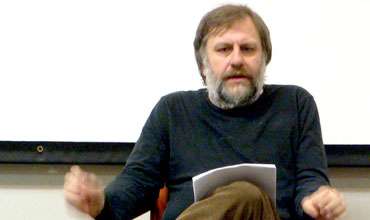
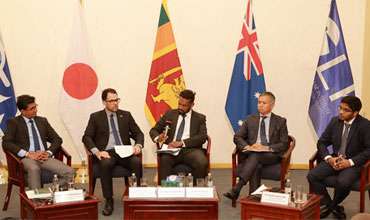
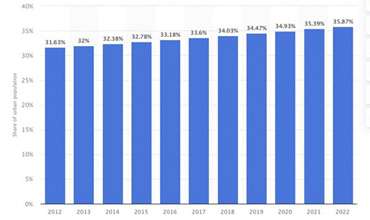
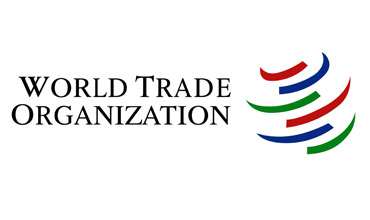
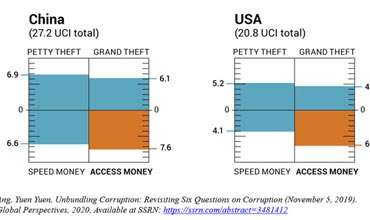
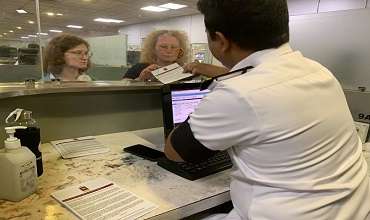
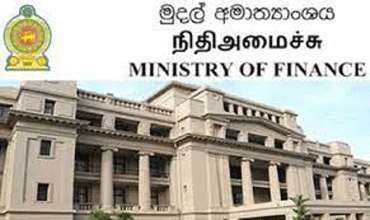
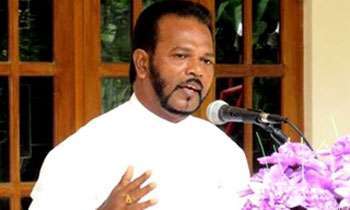

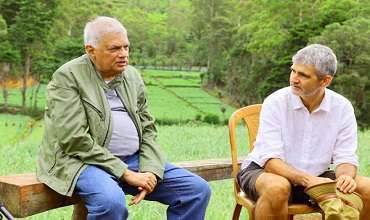
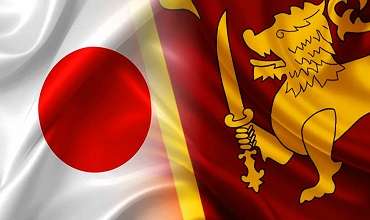
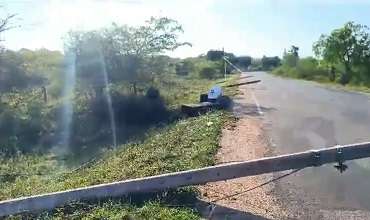
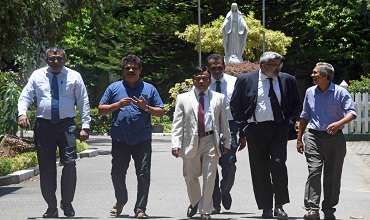
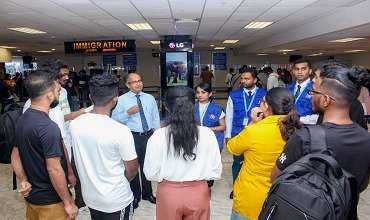
Leave Comments